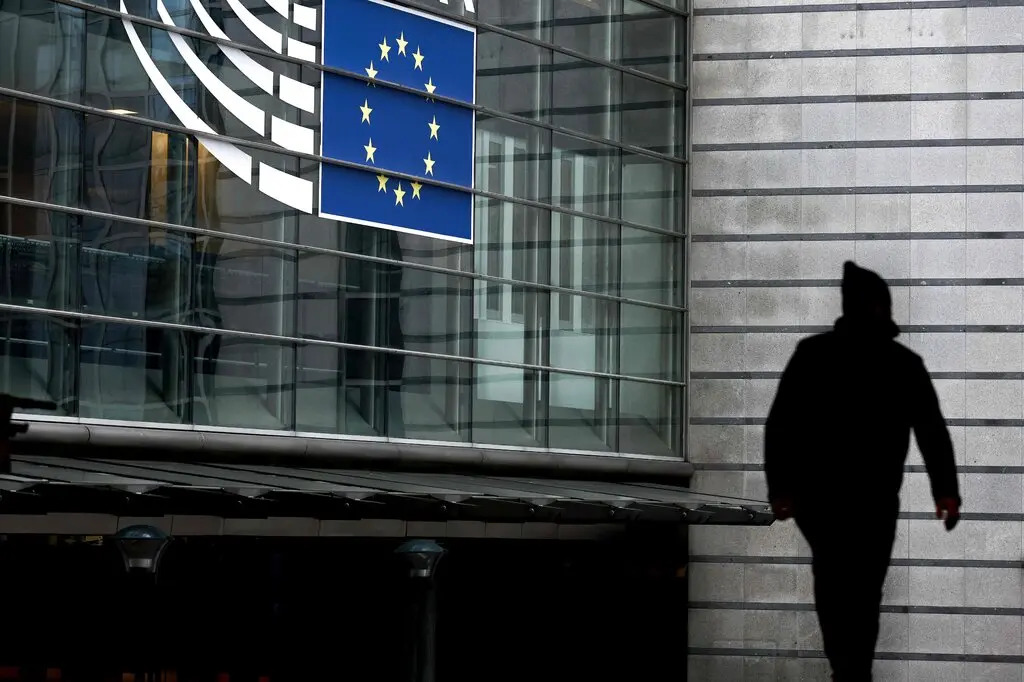The proposal targets the proceeds from €191 billion ($205 billion) in Russian funds currently held in Belgian clearinghouse Euroclear. In total, Western states froze an estimated $300 billion of Moscow’s sovereign capital abroad after the start of the Ukraine conflict in February 2022.
“EU ambassadors agreed in principle on measures concerning extraordinary revenues stemming from Russia’s immobilized assets,” the Belgian presidency announced on X (formerly Twitter) on Wednesday.
Euroclear generates €2-3 billion in profits annually from the Russian money, depending on the interest rates, according to CEO Valerie Urbain.
Under the proposal, the EU hopes to send 90% of the profits towards purchasing armaments for Ukraine, and 10% towards non-military aid, with the first tranche expected in July.
“There could be no stronger symbol and no greater use for that money than to make Ukraine and all of Europe a safer place to live,” European Commission President Ursula von der Leyen stated.
Belgium will continue levying a 25% corporate tax on the revenue, while Euroclear will keep 10% before the money is sent to the EU, to provide the clearinghouse a buffer against ongoing and future litigation by Russia. Euroclear will also keep 0.3% of future profits as an incentive fee.
The move follows months of deliberation among Ukraine’s Western backers on how best to utilize Russia’s frozen funds. The US – Kiev’s biggest war sponsor – had proposed seizing the assets entirely, but has faced pushback from the EU thus far.
Euroclear’s CEO likened the confiscation of frozen Russian funds to “opening Pandora’s box”. Speaking to L’Echo on Tuesday, she warned it could cause “major international investors to turn away from Europe”, as they could no longer trust that their own assets would not be confiscated.
Russia stressed that seizing its sovereign capital or any similar action would not only amount to theft and violate international law, but undermine trust in both Western currencies and the global financial system.
If the frozen Russian assets are seized, Moscow will retaliate in kind, Finance Minister Anton Siluanov warned in February. Total foreign direct investments in the Russian economy by the EU, G7, Australia, and Switzerland were estimated to be around $288 billion at the end of 2022.
